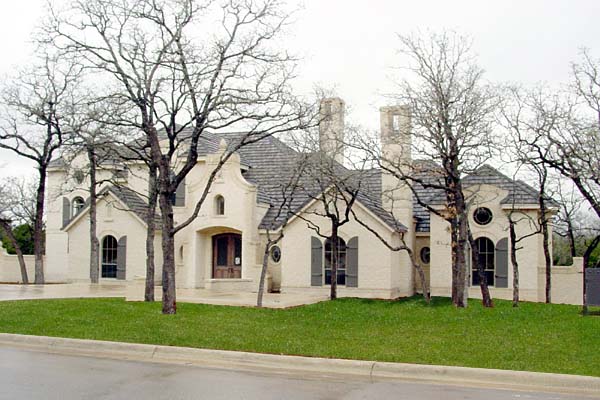HOTEL
Exploring the Significance of Hotels in Real Estate
Hotels represent a pivotal component of the real estate landscape, offering their facilities as lodging to the public, thereby serving as integral contributors to the hospitality industry and the broader real estate market.
Versatile Real Estate Assets
Hotels, as commercial real estate assets, exhibit a distinctive versatility in comparison to other property types. They are designed to provide temporary accommodation, catering to a diverse array of travelers, including tourists, business professionals, and event attendees. This versatility positions hotels as dynamic contributors to the real estate market, serving varying accommodation needs and reflecting the evolving nature of travel and hospitality.
Economic Impact
The presence of hotels within a real estate market can yield significant economic benefits. By attracting visitors and accommodating travelers, hotels contribute to the stimulation of local economies through increased spending on dining, entertainment, and retail. Furthermore, the development and operation of hotels generate employment opportunities, further amplifying their role as economic drivers within their respective communities.
Investment Potential
From an investment perspective, hotels offer unique opportunities within the real estate sector. Investors can capitalize on the potential for income generation through hotel operations, leveraging the demand for lodging within high-traffic areas or popular tourist destinations. Additionally, the hotel sector presents avenues for diverse investment approaches, including ownership, management partnerships, and franchising arrangements, thereby catering to a broad spectrum of investment preferences.
Impact on Urban Development
Hotels play a pivotal role in shaping the urban landscape, contributing to the development and revitalization of areas within cities and tourist destinations. Their presence often aligns with broader urban planning initiatives, influencing the establishment of entertainment districts, convention centers, and tourism hubs. As such, hotels serve as catalysts for urban development, fostering the growth and enhancement of surrounding real estate and infrastructure.
Hotels play a pivotal role in shaping the urban landscape, contributing to the development and revitalization of areas within cities and tourist destinations. Their presence often aligns with broader urban planning initiatives, influencing the establishment of entertainment districts, convention centers, and tourism hubs. As such, hotels serve as catalysts for urban development, fostering the growth and enhancement of surrounding real estate and infrastructure.
Conclusion
In conclusion, hotels occupy a significant and multifaceted position within the real estate sector, embodying both economic and cultural significance. As versatile real estate assets, they contribute to the vibrancy of local economies, offer diverse investment prospects, and play an instrumental role in shaping urban development. The enduring relevance of hotels within the real estate landscape underscores their enduring impact as vital components of the hospitality industry and the broader realm of real estate.
MORE REAL ESTATE TERMS
A, B, C, D, E, F, G, H, I, J, K, L, M, N, O, P, Q, R, S, T, U, V, W, X, Y, Z
Featured New Home

Featured Mortgage Brokers
- TOP FLITE FINANCIAL INC, FORT LAUDERDALE, FL
33 NE 2ND ST STE 100
FORT LAUDERDALE, FL 33301 - M AND T BANK, CHEEKTOWAGA, NY
80 HOLTZ DR STE 2
CHEEKTOWAGA, NY 14225 - WELLS FARGO BANK NA, DES MOINES, IA
1 HOME CAMPUS # 4801-196
DES MOINES, IA 50328 - UNION MORTGAGE GROUP, INC., GREENBELT, MD
7501 GREENWAY CENTER DR
GREENBELT, MD 20770 - LIBERTY HOME EQUITY SOLUTIONS INC, STAMFORD, CT
263 TRESSER BLVD FL 9
STAMFORD, CT 6901